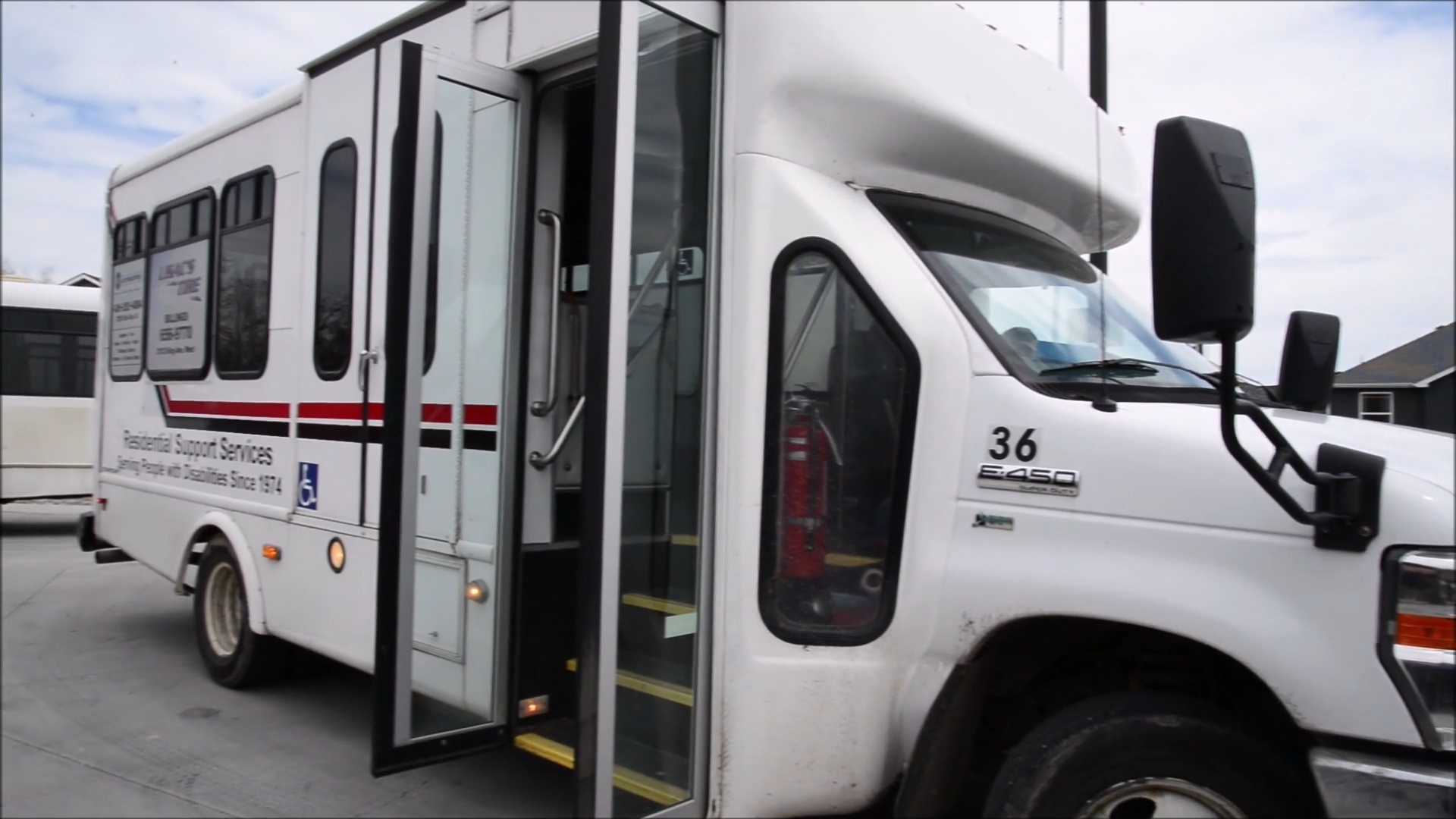Group homes for disabled adults provide a supportive and nurturing environment for individuals with physical, mental, or developmental disabilities. These residential facilities offer a unique opportunity for disabled adults to live in a community setting that caters to their specific needs while promoting independence and social integration. However, finding the right group home for yourself or a loved one can be an overwhelming process, as there are many factors to consider.
What Are Group Homes for Disabled Adults?
Group homes for disabled adults, also known as adult family homes or residential care homes, are small-scale residential facilities designed to accommodate individuals with disabilities. These homes typically house between 4 to 10 residents and provide 24-hour care and supervision by trained staff members. Group homes offer a range of services, including assistance with daily living activities, medication management, and recreational activities, all tailored to meet the unique needs of each resident.
Benefits of Group Homes for Disabled Adults
Group homes offer a variety of benefits for disabled adults who choose to stay in them:
- Personalized Care
Group homes offer personalized care and support tailored to each resident’s specific needs and preferences. This ensures that individuals receive the appropriate level of assistance while promoting personal growth and independence.
- Social Interaction
Living in a group home provides ample opportunities for social interaction and engagement with other residents and staff members. This fosters a sense of belonging and helps individuals with disabilities develop valuable social skills.
- Safety and Supervision
Group homes provide a safe and structured environment where residents can feel secure. Trained staff members are available round-the-clock to offer assistance and ensure the well-being of residents.
- Access to Resources and Support Services
Finally, group homes often collaborate with various community organizations and healthcare providers to offer additional support services, such as therapy, vocational training, and healthcare services.
Things to Look For in a Group Home
When looking for a group home, there are a couple of things to look for:
- Licensing and Accreditation
Ensure that the group home you are considering is licensed by the state and accredited by relevant organizations. This ensures that the facility meets specific standards for care and safety.
- Staff Qualifications and Training
The quality of care provided in a group home is directly related to the qualifications and training of its staff. Look for a facility with well-trained and experienced staff who have a background in working with individuals with disabilities.
- Resident-to-Staff Ratio
A low resident-to-staff ratio ensures that each resident receives adequate attention and care. Ideally, there should be one staff member available for every 3 to 4 residents.
- Cleanliness and Maintenance
A well-maintained and clean facility reflects the overall quality of care provided. When visiting a group home, pay close attention to the cleanliness of the living spaces, kitchen, and bathrooms.
- Customized Care Plans
A good group home will develop a customized care plan for each resident, taking into account their specific needs, goals, and preferences. This plan should be regularly updated and reviewed to ensure that the resident’s needs are being met.
- Activities and Programs
Look for a group home that offers a variety of recreational activities and social programs designed to promote skill development, socialization, and overall well-being.
- Safety Measures
Ensure that the group home adheres to safety guidelines and has procedures in place for emergencies, such as fire drills and evacuation plans.
- Family Involvement
Lastly, a good group home will encourage family involvement and keep open lines of communication between staff, residents, and their families.
Conclusion
Group homes for disabled adults offer a unique opportunity for individuals with disabilities to live in a supportive and nurturing environment that caters to their specific needs. When selecting a group home, it is essential to consider factors such as licensing, staff qualifications, resident-to-staff ratio, and available programs and services. By paying close attention to these aspects, you can find the ideal group home that will provide the best possible care and support for yourself or your loved one!
Residential Support Services is a non-profit organization dedicated to assisting individuals with developmental disabilities. Our primary goal is to enhance the independence of our residents within the community by providing personalized care, engaging day programs, and various other services. If you are looking for group homes for adults with disabilities, check us out and see what we offer!








